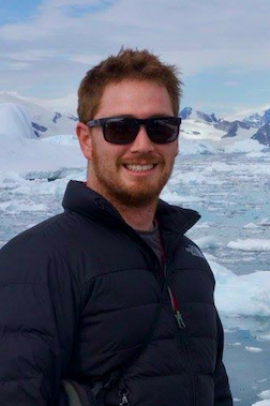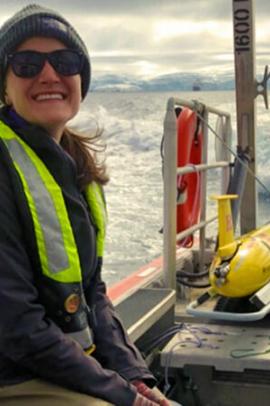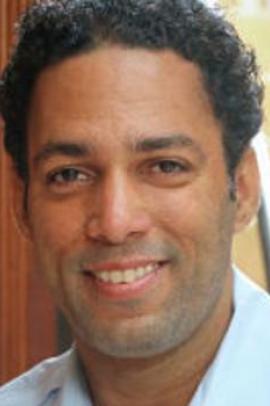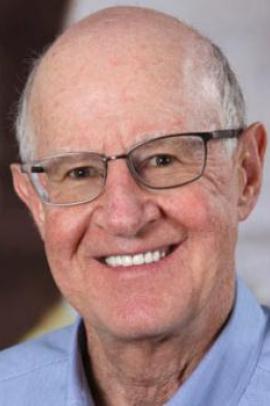Engineering is a stream of education which involves the application of Science, Technology and Mathematics to innovate, design, develop and maintain machines, structures, software, hardware and systems & processes. This field offers a range of career opportunities across all industries.
Engineers design machinery, build skyscrapers, and oversee public works, but they address society's needs and problems on so many other levels as well. At a molecular level, they work on drug delivery systems that work inside cells. At a macro level, they look at the particle flow of pollutants through soil to clean up oil spills, abandoned industrial sites and other biohazards. At a galactic level, they design spacecraft for other-planet exploration. At an atomic level, they develop data storage that focuses on the spin of electrons in atoms. Clean drinking water, safe food storage, and the protection of our environment are also under the engineering umbrella.
The following are various types of engineers. Click on each type to learn what they do.
Aerospace Engineer
- directs and coordinates the design, manufacture, and testing of aircraft and aerospace products
Agricultural Engineer
- analyzes agricultural operations and looks at new technologies and ways of doing things to improve land use, increase yields, and conserve resources
Biochemical Engineer
- develops new chemical products that can be used by a multitude of companies and individuals
Biofuel Manufacturing Research Engineer
- selects, tests, and recommends equipment and process improvements for the production of alternative fuel
Biomedical Engineer
- analyzes and designs solutions to problems in biology and medicine
Chemical Engineer
- conceptualizes and designs processes for producing, transforming and transporting materials
Civil Engineer
- designs and supervises large construction projects, including roads, buildings, airports, tunnels, dams, bridges, and systems for water supply and sewage treatment
Computer Hardware Engineer
- researches, designs, develops, and tests computer equipment such as chips, circuit boards, or routers
Computer Systems Engineer
- provides advice to clients regarding the appropriate hardware and/or software to ensure that their computer systems meet their needs
Electrical Engineer
- designs and develops new electrical equipment, solves problems and tests equipment
Environmental Engineer
- uses the principles of engineering, soil science, biology, and chemistry to develop solutions to environmental problems
Flight Engineer
- is responsible for ensuring that all components of the plane are in proper working order
Geotechnical Engineer
- is a specialization within civil engineering that involves investigating and understanding what is beneath the ground’s surface
Geothermal Engineer
- creates processes and equipment that convert thermal energy stored in the earth into electrical power
Industrial Engineer
- finds ways to eliminate wastefulness in production processes
Mechanical Engineer
- designs, develops, builds, and tests mechanical devices, including tools, engines and machines
Mechatronics Engineer
- create machines that are made up of several parts: the mechanical system, the sensing and actuation, the control systems, and the software
Mining and Geological Engineer
- designs mines for the safe and efficient removal of minerals, such as coal and metals, for manufacturing and utilities
Nanosystems Engineer
- investigates the microscopic interactions between various materials
Nanotechnology Engineer
- seeks to learn new things that can change the face of health, science, technology, and the environment on a molecular level
Nuclear Engineer
- researches and develops the processes, instruments, and systems used to get benefits from nuclear energy and radiation
Petroleum Engineer
- locates reservoirs of natural gas and crude oil beneath the earth's surface
Photonics Engineer
- creates and improves systems and products that use photonics—lasers, optics, fiber optics, and imaging
Power Engineer
- is responsible for the operation, maintenance, renovation and repair of boiler systems and other mechanical systems in a facility
Product Safety Engineer
- is responsible for developing and carrying out tests and experiments to gauge the safety levels of products
Robotics Engineer
- creates robots and robotic systems that are able to perform duties that humans are either unable or prefer not to complete
Sales Engineer
- sells complex scientific and technological products or services to businesses
Security Engineer
- is someone who analyzes computer networks, ensures they are running securely, and tries to foresee possible security issues that could arise in the future
Ship Engineer or Marine Engineer
- is involved in coordinating the activity in virtually any technical department aboard a commercial, research and military ship
Software Engineer
- is engaged in computer software development, and applies engineering principles to software creation
Software Quality Assurance Engineer
- monitors every phase of the software development process so as to ensure design quality
Water Engineer
- takes care of sewage and wastewater and makes sure that clean water is available to citizens
Wind Energy Engineer
- harnesses the power of wind to feed a power grid or other electrical power system by designing wind farms, or their components
















